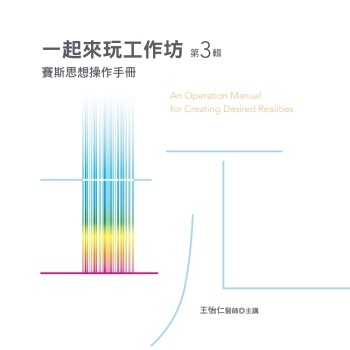This book explores globally-informed, culturally-rooted approaches to dialogue in the classroom. It seeks to fill gaps in communication and education literature related to decolonizing dialogue and breaking binaries by decentering Eurocentric perspectives and providing space for dialogic practices grounded in cultural wealth of students and teachers. We first describe the book’s genesis, contextualize dialogue within the global impact of the COVID-19 pandemic, and share guiding concepts of inclusion, intersectionality, and authenticity in dialogue and pedagogy. We also distinguish dialogue from other practices and times in which dialogue may not be possible. The book brings fresh and urgent perspectives from authors across different disciplines, including ceramics, religious studies, cultural studies, communication, family therapy, and conflict resolution. The chapters distill the idea of dialogue within contexts like a bible circle, university sculpture studio, trauma and peacebuilding program, and connect dialogue to teaching, learning, and emerging ideas of power disruption, in-betweenness, and relationality.
| FindBook |
有 1 項符合
Global Perspectives on Dialogue in the Classroom: Cultivating Inclusive, Intersectional, and Authentic Conversations的圖書 |
 |
Global Perspectives on Dialogue in the Classroom: Cultivating Inclusive, Intersectional, and Authentic Conversations 出版社:Palgrave MacMillan 出版日期:2023-01-27 語言:英文 規格:平裝 / 210頁 / 普通級/ 初版 |
| 圖書館借閱 |
| 國家圖書館 | 全國圖書書目資訊網 | 國立公共資訊圖書館 | 電子書服務平台 | MetaCat 跨館整合查詢 |
| 臺北市立圖書館 | 新北市立圖書館 | 基隆市公共圖書館 | 桃園市立圖書館 | 新竹縣公共圖書館 |
| 苗栗縣立圖書館 | 臺中市立圖書館 | 彰化縣公共圖書館 | 南投縣文化局 | 雲林縣公共圖書館 |
| 嘉義縣圖書館 | 臺南市立圖書館 | 高雄市立圖書館 | 屏東縣公共圖書館 | 宜蘭縣公共圖書館 |
| 花蓮縣文化局 | 臺東縣文化處 |
|
|
內容簡介
作者簡介
Ashmi Desai (she/her), Ph.D., is an Assistant Professor in Public Dialogue and Conflict Management at San Francisco State University Department of Communication Studies and also directs the Conflict Resolution Certificate there. Desai completed her Ph.D. in Communication from University of Colorado Boulder and finished her Master’s degree in Development Communication from Gujarat University, India. As a community-based researcher, her teaching and research interests involve dialogic pedagogy, international and intercultural communication, conflict management tools and approaches, and representations of culture, home and belonging. Desai’s classes on dialogue and conflict resolution engage students in the discovery of self and the other through analysis of global and local struggles, story circles, relational leadership, and examination of systemic power and privilege. Desai is certified to facilitate dialogue from Public Conversations Project, Intercultural Development Institute and Community Boards. By centering community cultural wealth and dialogic approach in conversations, Desai aims to cultivate critical and transformative connections across divides.
Hoa Nguyen (she.her), Ph.D., is an Assistant Professor in the Family Therapy Program at Valdosta State University. She graduated with her Ph.D. in Marriage and Family Therapy from Virginia Tech. Currently, she teaches courses on postmodernism, ethics, and diversity, inclusion, and social justice in family therapy. She is trained in dialogical approaches to therapy as well as dialogue models of teaching. Her research interest focuses on the intersection of cultural and sexual identity, international LGBTQ+ lived experiences, and cultural humility in family therapy and education. Hoa largely focuses on teaching and working with graduate family therapy students on how to facilitate and engage in transformative dialogues. In her classrooms, students are self-reflexive of their own levels of openness, resistance, and ways of approaching different ideas, perspectives, and people. Her hope is to cultivate critically conscious conversations that are globally aware, inclusive, and decolonizing.
Teaching and Assessing Writing in the Primary School: A Whole School Approach
Research-Based International Student Involvement: The Research-Tandem Model
Integrating Computational Thinking Through Design-Based Learning: Strategies for Integration in Different Disciplines
Critical Histories in Care and Education: Understanding the Connections Between the English Care and Education Systems from the Nineteenth Century to
Critical Histories in Care and Education: Understanding the Connections Between the English Care and Education Systems from the Nineteenth Century to
Developing Employability Capital in University Students: A Practical Guide
Discovery Science: 27th International Conference, DS 2024, Pisa, Italy, October 14-16, 2024, Proceedings, Part I
The University and the Algorithmic Gaze
Pragmatism and Historical Representation
|











